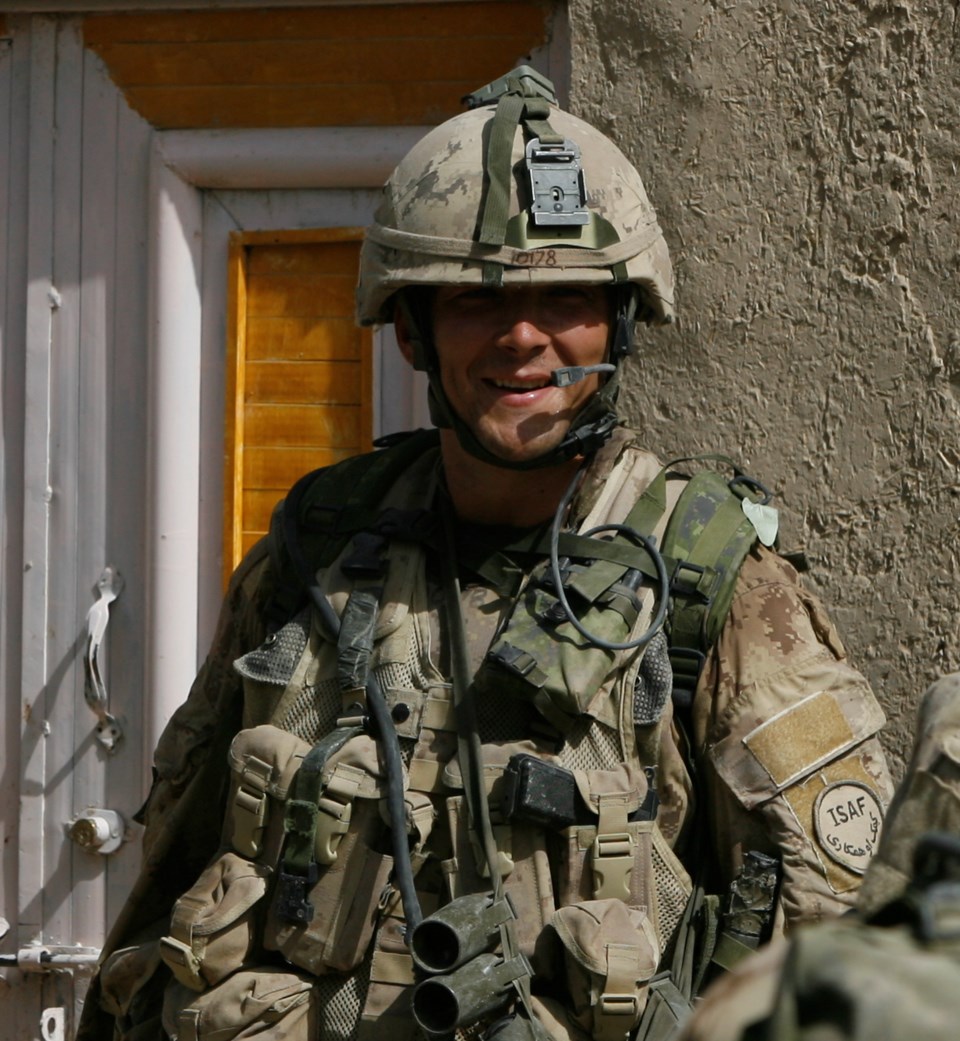Canadian soldiers dealing with post-traumatic stress disorder (PTSD) have been in the news a lot lately: from Huffington Post’s article about spouses of soldiers with PTSD to numerous articles about treatment wait times and insufficient assistance from the military. But with this, there’s some good news: veterans are fighting back against the roadblocks to assistance with PTSD.
PTSD has many different effects depending on the person. It can manifest as depression, anger, trouble sleeping, and flashbacks.
“You’re in an alert state a lot,” said Trev Bungay, vice-president, Veteran Relations, with Trauma Healing Center in Nova Scotia. “They spend a half an hour at night going around checking the doors, making sure they’re locked, checking the windows. They’re very insecure about security and safety about themselves and family … we find a lot of veterans or a lot of people lock themselves away. They disassociate from society. They can’t go to a mall or in a crowd of people, they can’t walk on the grass because the grass is bad in Afghanistan.”
The flashbacks, when they happen, can be debilitating.
“I watched a video of a guy not too long ago … and he heard a helicopter coming across where he was, and instantly stopped in his tracks,” Bungay said. “It’s almost like a ghostly look. Almost like they’re looking through everything and they don’t know where they are … Some people are completely back in Afghanistan.”
Bungay is a soldier himself who spent 17 years in the Canadian military and was diagnosed with PTSD in 2013. In his efforts to get treatment, he started getting messages from other soldiers who wanted help getting treatment. He said that once other veterans saw that he was sick and getting help, it took away some of the stigma of PTSD.
“I always tell people I find healing in healing. Knowing people are being looked after and doing it sort of gives you something to live for every day,” he said.
The Trauma Healing Center started up in October of last year and Bungay was asked to join in November, as they wanted a veteran to provide a face to the operation. He was happy to go from helping people with treatment on his own time to being able to do it officially.
At the Trauma Healing Center, there are a variety of treatments available for people. They offer treatment from a doctor, a dietitian, a psychologist, and more. A peer support advisor helps patients navigate the process and help explain PTSD and the treatments. They also partnered with Paws Fur Thought, which trains PTSD therapy dogs. Bungay said that patients love that they can come to one place and get all the treatment they need, as opposed to driving to several different appointments in a small timeframe.
There are hurdles stopping soldiers from getting treatment for PTSD, including waiting lists for treatment and red tape when trying to receive benefits from Veterans Affairs Canada. But according to Bungay, a significant roadblock is simply how people view PTSD.
“The biggest one of all is the stigma. It’s still huge, right across Canada,” he said. “It’s unfortunate that PTSD doesn’t show up on your body as if you had a broken leg, or you can’t see it. It’s mental, especially in the military. When you say you’re sick, they look and say, ‘I don’t see how you’re sick.’ The stigma has been there for years.”
Another problem is just that there are too many people seeking treatment for PTSD and not enough qualified doctors and psychologists out there to help them, though the Trauma Healing Center hopes to change that. Eventually, Bungay hopes to have a Trauma Healing Center in every province; right now there are centres in Nova Scotia, Edmonton, and Ottawa.
Veteran Kate McEachern is also helping to raise awareness of and funds for PTSD by walking from Nipawin to Chilliwack. She served eight years in the Canadian military and fractured her neck and skull while on the job. She later suffered a stroke after she returned to work. She founded the nonprofit The Long Way Home, which aims to raise awareness about the effects of PTSD and raise money. She has done several walks in the past. While making her way across Canada, she’ll hit Nipawin, Prince Albert, North Battleford, and Lloydminster.
“I just wish that people could understand that it is an actual sickness and understand that someone with PTSD may be acting out in a certain way and not that it’s an excuse … but at least recognize and accept that it’s there and try and help people out who have it,” Bungay said.



